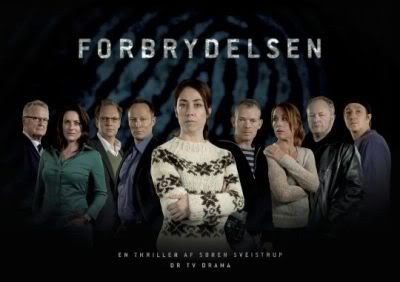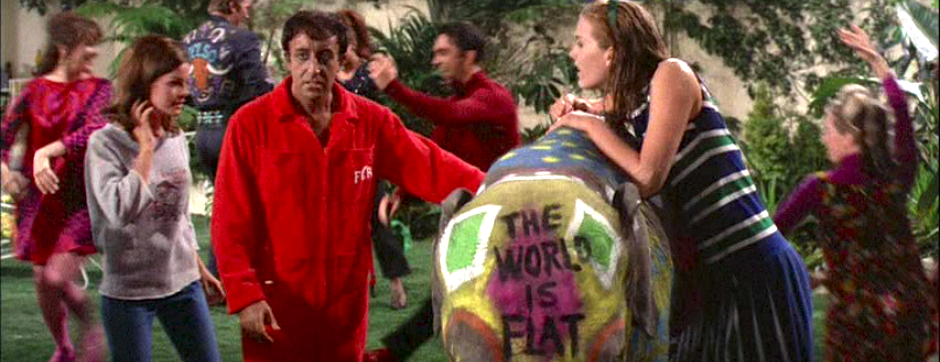 Making remakes of successful movies is certainly an art. Some are even better than the original, many are not. It is nevertheless a treat and a hazardous business at the same time for the newer version’s director and crew.
Making remakes of successful movies is certainly an art. Some are even better than the original, many are not. It is nevertheless a treat and a hazardous business at the same time for the newer version’s director and crew.
Sometimes, however, the original is not widely known, as it is the case of the Danish series Forbrydelsen, a superb thriller with pathos and drama set in 2007 Copenhagen and written by Søren Sveistrup. Forbrydelsen has a very special ambient northern light, often low, often broken by rain, by lots of rain. It is the story of a crime set within the political world of a mayoral election. The police investigation takes 20 days, and so does the complete first series. Also, it has a very special face, the police woman Sarah Lund as portrayed by splendid actress Sophie Gråbøl. Forbrydelsen was shown in many European countries, and in England, where the BBC subtitled it, was an enormous success, and it spawned the second season, already aired in Denmark and about to be broadcast in Britain, and the production of a third series, which will be aired by fall 2012.
The US remake was quick to come: in 2011 AMC aired the beautifully rendered The Killing, which is an almost exact replica of Forbrydelsen, but shot in Seattle (with similar light quality and rain).
I am saddened though that people have not enjoyed the original series, which I invite to watch for its incredible story, plot and dialogues. In particular, I still remember I was fascinated by the very first episode, in which the crime is committed (but not seen) and almost all characters are masterfully presented. What storytelling! Watch the trailer here.
Same story with The Girl with the Dragon Tattoo, a Swedish movie taken from the same novel exploit by writer Stieg Larsson. The original has a great rhythm and the characters of the slim, tattooed, non-smiling Lisbeth Salander and reporter Mikael Blomkvist are stupendously portrayed by two great faces and actors: respectively Noomi Rapace and Michael Nyqvist, who completed the trilogy with the other two titles.
Now, the US remake is about to come. We have seen the trailer, and it seems a replica of the original. In the remake Blomqvist’s role is taken by 007 Daniel Craig (a credible face, after all), and Lisbeth’s by Rooney Mara, who renders the famous hacker with brilliant make-up. It will be hopefully good, but please, go watch the original first.
Related articles
- New to The Killing? Me too – and I’m already obsessed (guardian.co.uk)
- The Killing (lunkiandsika.wordpress.com)





